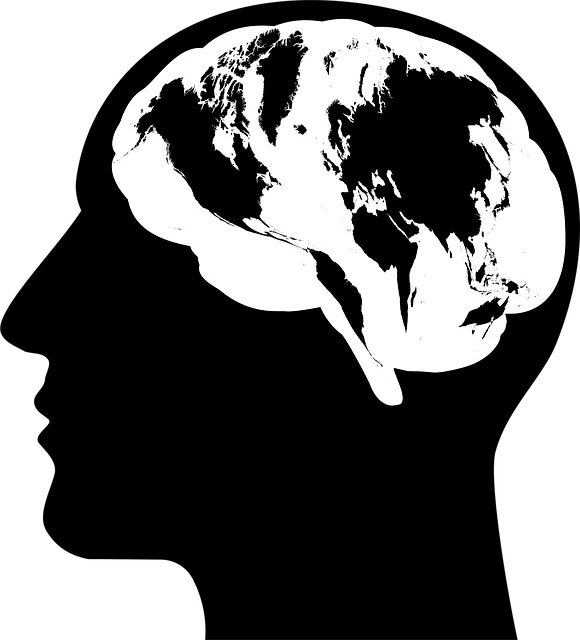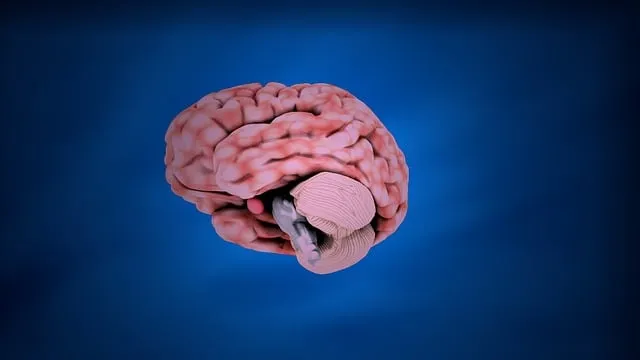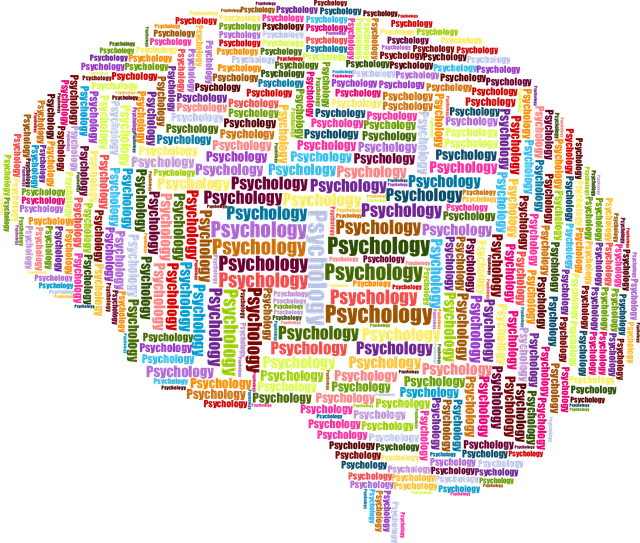The Lafayette Kaiser Permanente mental health center by owner addresses the complex challenge of accurate mental illness diagnosis through a multi-faceted strategy. This includes stigma reduction, advanced assessment tools, staff training in empathy and conflict resolution, and social skills training for patients. They integrate cutting-edge technology like AI algorithms and digital interventions to enhance diagnostic accuracy and treatment personalization. Comprehensive training programs empower healthcare professionals with the latest best practices, ensuring patient-centered care that promotes long-term recovery tailored to each individual's unique needs.
Mental illness diagnosis accuracy is a critical aspect of healthcare that demands continuous improvement. This article explores various efforts aimed at enhancing diagnostic precision, drawing insights from the innovative practices at the Lafayette Kaiser Permanente Mental Health Center. We delve into understanding the complexities of mental health diagnosis, examining comprehensive strategies, and highlighting cutting-edge tools. Additionally, we emphasize the importance of training, education, and patient-centered care in empowering healthcare professionals to deliver more effective treatment plans.
- Understanding the Challenge: Uncovering the Complexities of Mental Illness Diagnosis
- The Lafayette Kaiser Permanente Mental Health Center Approach: A Comprehensive Strategy
- Innovative Tools and Techniques: Enhancing Diagnostic Accuracy
- Training and Education: Empowering Healthcare Professionals
- Patient-Centered Care: Encouraging Open Dialogue and Personalized Treatment
Understanding the Challenge: Uncovering the Complexities of Mental Illness Diagnosis

Diagnosing mental illness accurately is a complex challenge due to its multifaceted nature and varying presentation across individuals. Each person’s experience with mental health conditions is unique, influenced by genetic predispositions, environmental factors, and personal life experiences. This complexity is further compounded by the often subtle symptoms and their overlap with other medical or psychological issues. At Lafayette Kaiser Permanente mental health center by owner, we recognize these complexities and strive to improve diagnosis accuracy through a comprehensive approach.
Efforts to enhance diagnosis involve addressing the pervasive mental illness stigma reduction efforts while promoting understanding and empathy within healthcare systems. This includes integrating advanced assessment tools and training for healthcare professionals on recognizing subtle cues and distinguishing between similar conditions. Additionally, programs focusing on social skills training can aid individuals in expressing their experiences more effectively, leading to earlier and more precise diagnoses.
The Lafayette Kaiser Permanente Mental Health Center Approach: A Comprehensive Strategy

The Lafayette Kaiser Permanente Mental Health Center has adopted a comprehensive strategy to enhance mental illness diagnosis accuracy, reflecting its commitment as a by-owner healthcare provider. This approach prioritizes a multi-faceted methodology that combines advanced clinical training with innovative patient engagement tactics. Staff at the center are equipped with the latest knowledge in empathy building strategies and conflict resolution techniques, fostering an environment of open communication where individuals feel heard and understood during diagnosis processes.
Furthermore, the center offers specialized Crisis Intervention Guidance tailored to address acute mental health episodes. This holistic strategy not only improves diagnostic accuracy but also enhances patient care by providing immediate support and evidence-based interventions. Through these initiatives, Lafayette Kaiser Permanente Mental Health Center strives to deliver precise diagnoses while ensuring patients receive the compassionate, comprehensive care they need.
Innovative Tools and Techniques: Enhancing Diagnostic Accuracy

At the Lafayette Kaiser Permanente mental health center by owner, innovative tools and techniques are being integrated to enhance diagnostic accuracy. These advancements include the use of artificial intelligence (AI) algorithms that can analyze vast amounts of data, including patient history, symptoms, and behavioral patterns, to provide more precise diagnoses. AI models, trained on extensive datasets, can detect subtle nuances often overlooked by traditional methods, improving the overall reliability of mental health assessments.
Furthermore, digital interventions such as online therapy platforms and mobile applications are proving effective in supplementing traditional treatments. These platforms offer personalized therapy sessions, incorporating evidence-based practices like Emotional Regulation techniques and Social Skills Training to help patients improve their self-esteem and coping mechanisms. By leveraging these innovative tools, the Lafayette Kaiser Permanente mental health center by owner aims to not only enhance diagnostic accuracy but also provide more accessible and tailored care for its patients.
Training and Education: Empowering Healthcare Professionals

At the Lafayette Kaiser Permanente mental health center by owner, we recognize that empowering healthcare professionals is a key pillar in improving diagnosis accuracy for mental illnesses. Comprehensive training programs that focus on advanced diagnostic techniques and continuous education are essential to keep up with the latest research and best practices. These initiatives ensure that our staff remains adept at recognizing subtleties in patient presentations, which often include complex co-morbidities and diverse cultural backgrounds.
By investing in professional development, we equip our mental health experts with the tools needed to enhance Depression Prevention, Coping Skills Development, and Conflict Resolution Techniques. Such skills not only lead to more accurate diagnoses but also foster a supportive environment where patients feel understood and encouraged to actively participate in their treatment plans. This holistic approach ultimately contributes to better outcomes for those seeking mental health services at our center.
Patient-Centered Care: Encouraging Open Dialogue and Personalized Treatment

At the Lafayette Kaiser Permanente mental health center by owner, a patient-centered approach is at the core of their care philosophy. This means fostering open and honest dialogue between patients and healthcare providers, where individuals feel heard, understood, and valued. By encouraging patients to actively participate in their treatment plans, healthcare professionals can tailor interventions to meet each person’s unique needs and preferences. This personalized treatment not only enhances the effectiveness of therapy but also builds trust and motivation for long-term recovery.
One way this is achieved is through collaborative goal setting where patients and providers jointly identify realistic objectives. Additionally, coping skills development and risk management planning for mental health professionals are integral components of this patient-centered care model. Equipping both parties with tools to navigate challenges effectively ensures a supportive environment that promotes self-care practices, enabling individuals to actively manage their mental well-being.
The journey towards improving mental illness diagnosis accuracy involves a multi-faceted approach, as demonstrated by the Lafayette Kaiser Permanente Mental Health Center’s comprehensive strategy. By combining innovative tools, thorough training, and patient-centered care, healthcare professionals can navigate the complexities of mental health assessment more effectively. The Lafayette Kaiser Permanente model serves as a powerful example, highlighting the importance of a holistic approach in enhancing diagnostic accuracy and ultimately improving patient outcomes.






